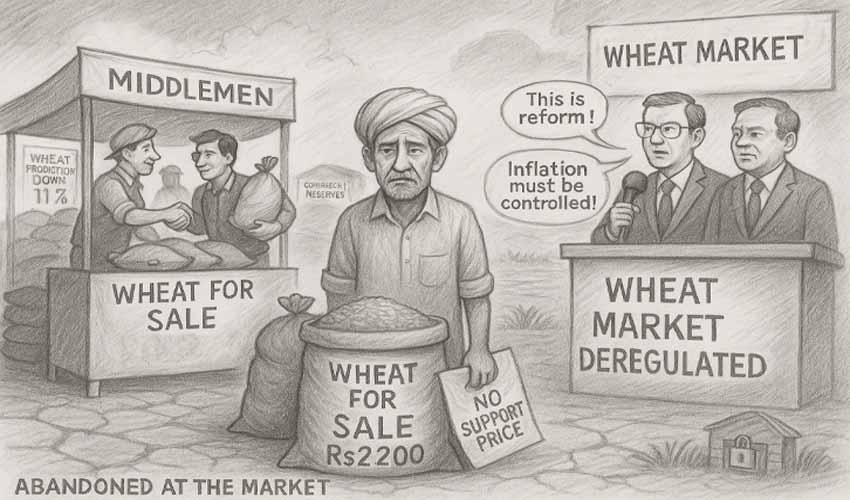The names of 52 individuals from various districts of Khyber Pakhtunkhwa have been added to the Fourth Schedule under Section 11EE of Pakistan's Anti-Terrorism Act, 1997, in a decisive move against the banned Pashtun Tahafuz Movement (PTM),
These individuals are alleged to have provided assistance to the PTM, which has been under scrutiny for its activities challenging the state.
The Fourth Schedule is a list of individuals suspected of terrorism or facilitating terrorism, and their inclusion restricts their movement and other activities, subjecting them to close monitoring by law enforcement agencies.
South Waziristan
From South Waziristan, 16 individuals have been added to the list, including prominent PTM leader Manzoor Ahmed Pashteen. Others from the district include Shah Faisal Ghazi, Jamal Maliar, Alam Zeib, Muhammad Sami alias Pashteen, Hayat Khan, Ameer Hamza, Ishtiaq Mehsud, Muhammad Bilal, Abdul Qahar, Dr. Syed Alam, Saifur Rehman, Murtaza Khan Mehsud, Mustafa Chamto, Muhammad Farooq, and Muhammad Sajjad.
Swabi
Five individuals from Swabi have been named, including Khairul Amin, Liaqat Ali Yousafzai, Irfan Majnun, Muhammad Ali, and Muhammad Usman.
Bajaur
Six individuals from Bajaur have also been added to the Fourth Schedule. They include Salman Khan, Abuzar Khan, Ghirat Khan, Asif Ali, Wajid Ali, and Huzaifa.
Khyber
From Khyber, the individuals named are Hussain Ahmed, Aftab Shinwari, Samiullah, Mohib Afridi, Muhammad Hanif, Jahangir Khan, Malik Naseer Ahmed, Khan Wali, Imran Lala, and Amjad.
Malakand
The names from Malakand include Zaheer Jahan, Hidayat Rahman, Taj Muhammad Gharzing, Mushtaq Khan, Saeed Tajumal Hasan, and Kamran.
Mohmand
In Mohmand, eight individuals have been included: Shakir, Murad Afghan, Habibullah, Sulaiman Khan, Qaiser Khan, Salman Khan, Safdar Mohmand, Tafsir Mohmand, and Zahid Safi.
Government Action:
This action against PTM supporters reflects the state's ongoing efforts to curb what it deems subversive activities. The inclusion of these individuals in the Fourth Schedule means they will face severe restrictions, including travel bans and the freezing of assets, as part of the government's strategy to counter terrorism and movements that challenge national unity.
Background
PTM, led by Manzoor Pashteen, has been vocal about human rights violations in Pakistan's tribal regions. However, the state has repeatedly accused the movement of working against the country's security interests. The crackdown on PTM has led to significant public debate regarding freedom of speech and the limits of dissent in Pakistan.
This latest development is a continuation of the government's crackdown on PTM members and their supporters, as authorities seek to prevent any activities that might threaten national stability.



























